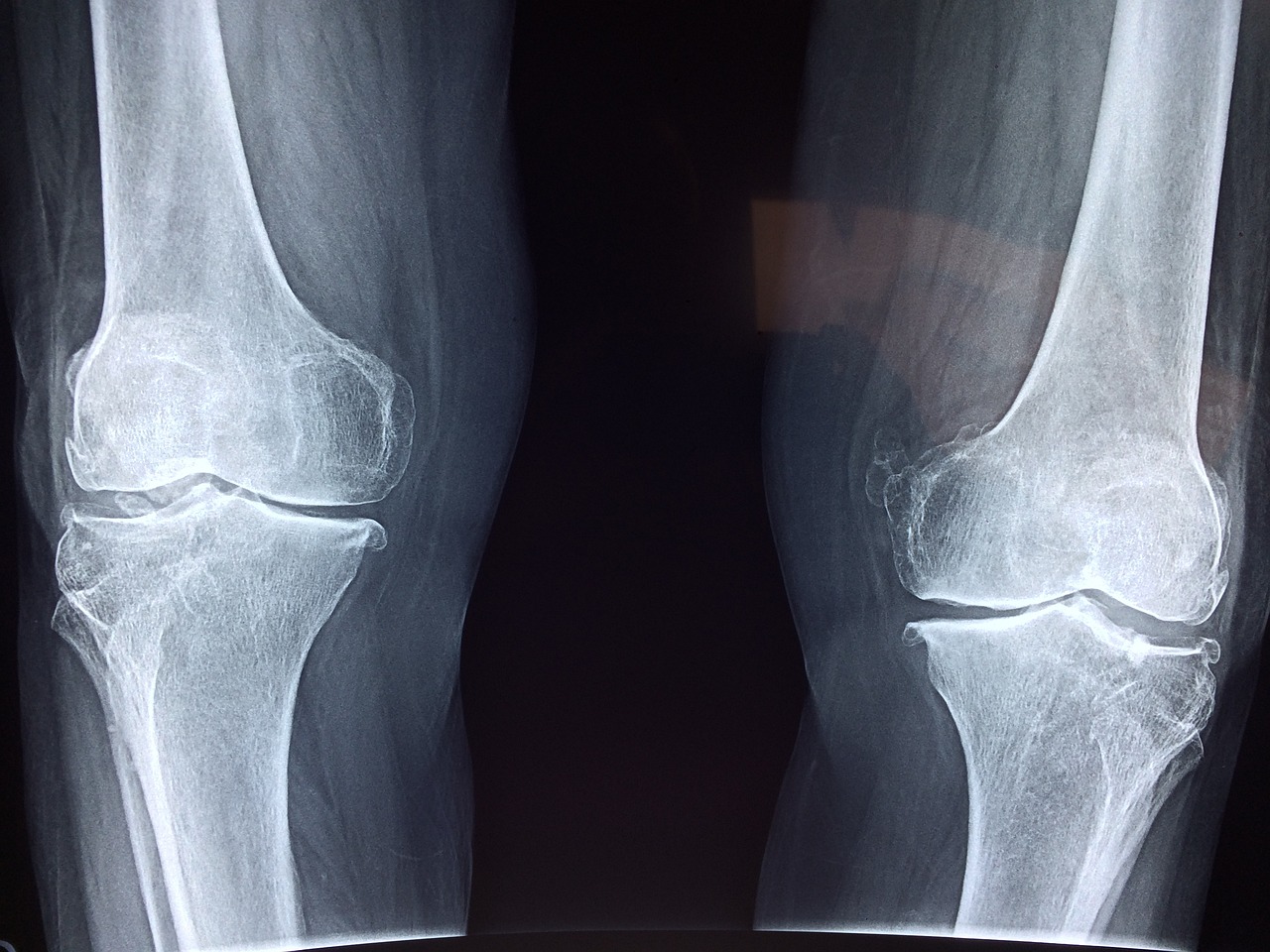
Lyme disease is a serious and debilitating illness that affects millions of people around the world. While many people are able to recover fully from the disease with prompt and effective treatment, others are not so fortunate. Chronic Lyme disease is a condition that can last for years or even decades, causing a wide range of physical and emotional symptoms that can be difficult to manage. In this article, we will explore the personal journey of one individual who has been living with chronic Lyme disease and the strategies they have developed for coping with this challenging condition. Through their experiences, we hope to shed light on the complexities of chronic Lyme disease and provide insights that may be helpful for others facing similar challenges.
1. Introduction: A Personal Account of Coping with Chronic Lyme Disease
Living with chronic Lyme disease can be a challenging experience. It is a condition that can affect every aspect of a person’s life, from their physical health to their mental well-being. As someone who has been living with this condition for years, I understand the difficulties that come with it. In this post, I will share my personal account of coping with chronic Lyme disease and the strategies that have helped me manage my symptoms.
One of the most important things I have learned is the importance of self-care. This includes taking care of my physical health by eating a healthy diet, getting regular exercise, and taking my medication as prescribed. It also means taking care of my mental health by practicing stress-reducing activities such as meditation and yoga. Additionally, I have found it helpful to connect with others who are also living with chronic Lyme disease. This has allowed me to share my experiences and gain support from others who understand what I am going through.
2. The Challenges of Living with Chronic Lyme: Symptoms, Diagnosis, and Treatment
Chronic Lyme disease is a complex and often misunderstood condition that can cause a wide range of symptoms. Some of the most common symptoms include fatigue, joint pain, muscle weakness, and cognitive difficulties. These symptoms can be debilitating and can significantly impact a person’s quality of life. In addition to these physical symptoms, many people with chronic Lyme disease also experience emotional and psychological challenges, such as anxiety and depression.
Diagnosing chronic Lyme disease can be challenging, as many of the symptoms overlap with other conditions. However, a thorough medical history, physical exam, and laboratory testing can help to identify the presence of the disease. Treatment options for chronic Lyme disease vary depending on the individual’s symptoms and the stage of the disease. Antibiotics are often used to treat the infection, while other treatments such as nutritional supplements and alternative therapies may be used to manage symptoms and improve overall health. It is important for individuals with chronic Lyme disease to work closely with their healthcare provider to develop a personalized treatment plan that addresses their unique needs.
3. Strategies for Coping with Chronic Lyme: Lifestyle Changes, Support Networks, and Self-Care
- Lifestyle Changes: Making changes to your lifestyle can help manage chronic Lyme disease symptoms. Some lifestyle changes that can help include:
- Eating a healthy and balanced diet to boost your immune system and improve your overall health.
- Getting regular exercise to improve your physical and mental health.
- Reducing stress through relaxation techniques such as meditation, yoga, or deep breathing exercises.
- Avoiding alcohol, caffeine, and tobacco as they can worsen symptoms.
- Support Networks: Having a support network is essential when dealing with chronic Lyme disease. Some ways to build a support network include:
- Joining a support group for people with Lyme disease to connect with others who understand what you’re going through.
- Talking to a therapist or counselor to help manage the emotional toll of the disease.
- Building a team of healthcare professionals who can help manage symptoms and provide guidance.
- Communicating with friends and family about your condition to help them understand what you’re going through and provide support.
In conclusion, coping with chronic Lyme disease can be a challenging and isolating journey. However, by seeking out support, making lifestyle changes, and working closely with healthcare professionals, it is possible to manage symptoms and improve quality of life. It is important to remember that every individual’s experience with chronic Lyme disease is unique, and there is no one-size-fits-all approach to treatment. By sharing personal stories and raising awareness, we can work towards greater understanding and support for those living with chronic Lyme disease.








